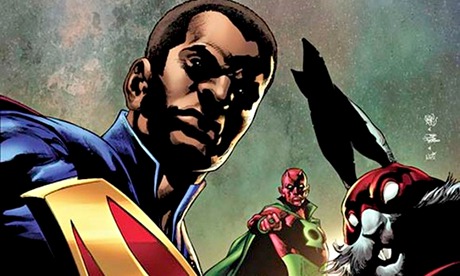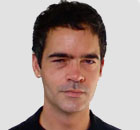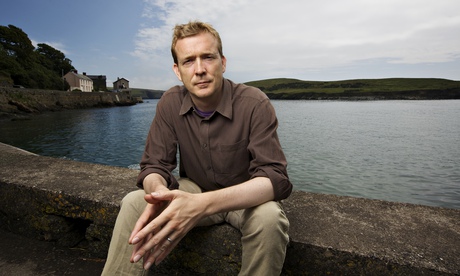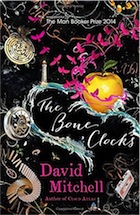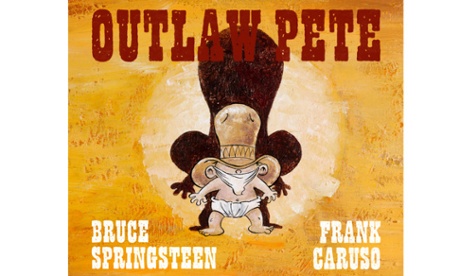Otago Professor becomes New Zealand’s King of Crime
Craig Sisterson reports:
An exceptional thriller
entwined with national and workplace politics, sectarian warfare, and the
changing face and influence of the newspaper industry has won University of
Otago Professor of Scottish Studies Liam McIlvanney the prestigious Ngaio Marsh
Award for Best Crime Novel.
Dunedin-based McIlvanney
(pictured) was announced as the winner, for his “fascinating, brilliant, and
challenging” novel WHERE THE DEAD MEN GO, before a packed house at the conclusion
of the lively Great New Zealand Crime Debate event at the WORD Christchurch
Writers & Readers Festival on Saturday 30 August. “In a year where we had
our strongest, deepest, and most diverse long list ever, and four truly
fantastic finalists, WHERE THE DEAD MEN GO got the nod for its terrific,
page-turning storytelling powered by superb prose, fascinating characters, and
an evocative sense of place,” said Judging Convenor Craig Sisterson. “It’s the
kind of book that lingers in your mind beyond the final page.”
In WHERE THE DEAD MEN
GO, Glasgow stands on the precipice: of the Commonwealth Games, a national vote
on Scottish independence, and an explosive rekindling of a brutal gangland war.
Gerry Conway is a jaded, jobbing journo, the golden child fallen, clinging to
the coat-tails of his former protégé, Martin Moir. When Moir’s body is
discovered as a big story breaks, Conway steps into his shoes; a very dangerous
place, as gangsters, politicians, and other predators swirl around.
The judging panel,
consisting of crime fiction experts from New Zealand, Australia, and the United
States, called WHERE THE DEAD MEN GO “a thought-provoking novel with very real
characters and a fascinating, complex plot”. McIlvanney puts a lot into this
book: the state of the news media, what it takes to be a good
reporter, politics, family life, and even a New Zealand connection, said one
judge. “Excellent writing makes it all fit together very nicely indeed.” Conway
was described by the judges as “an unlikely hero perhaps, as the mainstream
media around the world are going down the gurgler… he keeps digging away like a
real reporter should, even when his bosses are less than supportive.”
The
Ngaio Marsh Award for Best Crime Novel, established in 2010, is named for Dame
Ngaio Marsh, who is renowned worldwide as one of the four Queens of Crime of
the Golden Age of Detective Fiction. Dame Ngaio published 32 novels featuring
Inspector Roderick Alleyn between 1934 and her death in 1982. With sales in the
millions, and her books still in print to this day, Dame Ngaio is one of New
Zealand’s most globally successful authors. Dame Ngaio’s closest living
relative, John Dacres-Manning, gave his blessing for the New Zealand crime
writing award to be named in her honour, saying that “I know that Dame Ngaio
would be so proud… to know that her name is associated with the award”.
In
addition to the award itself, McIlvanney, who is the son of famed Scottish
novelist and poet William McIlvanney, wins a set of Dame Ngaio’s novels,
courtesy of HarperCollins, and a cheque for $1,000 from the Christchurch
Writers’ Festival Trust.













